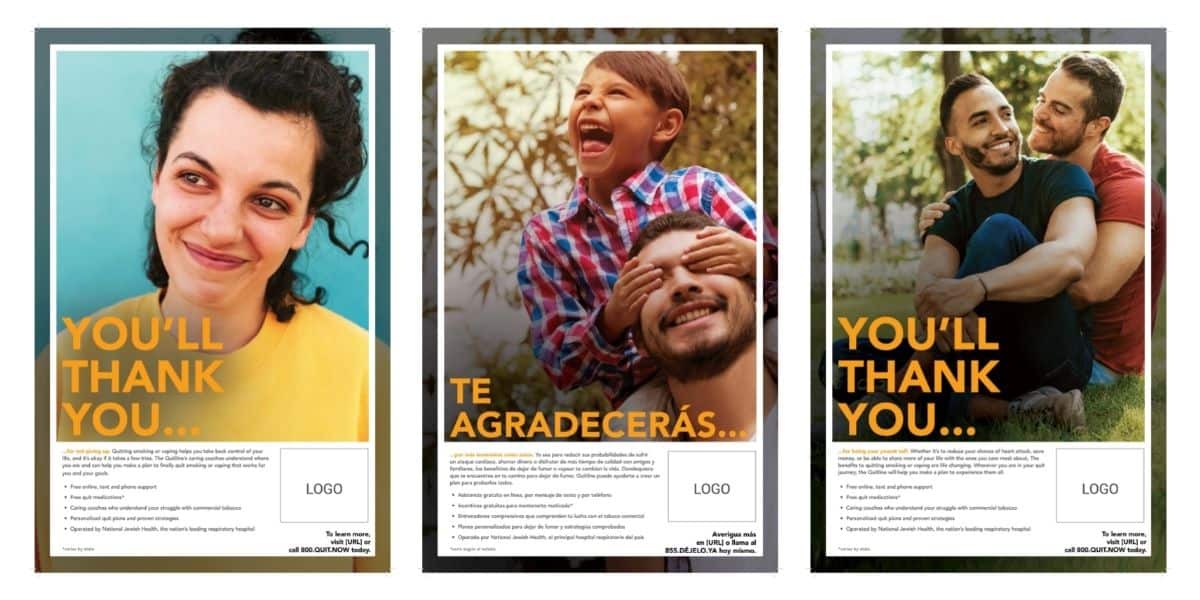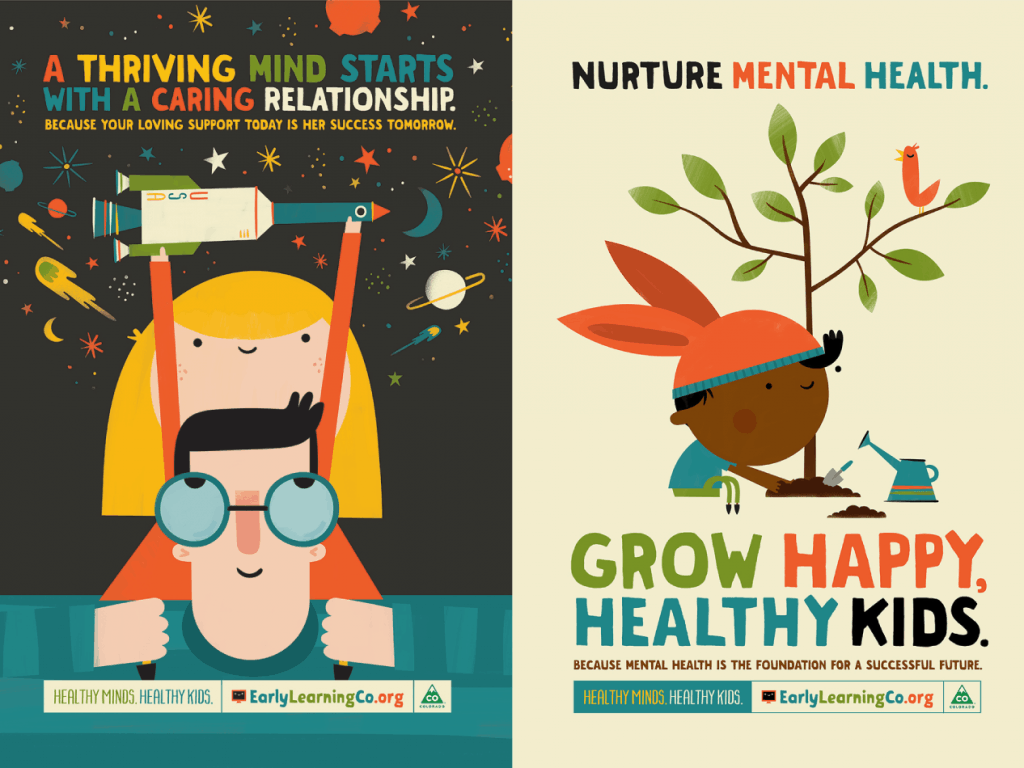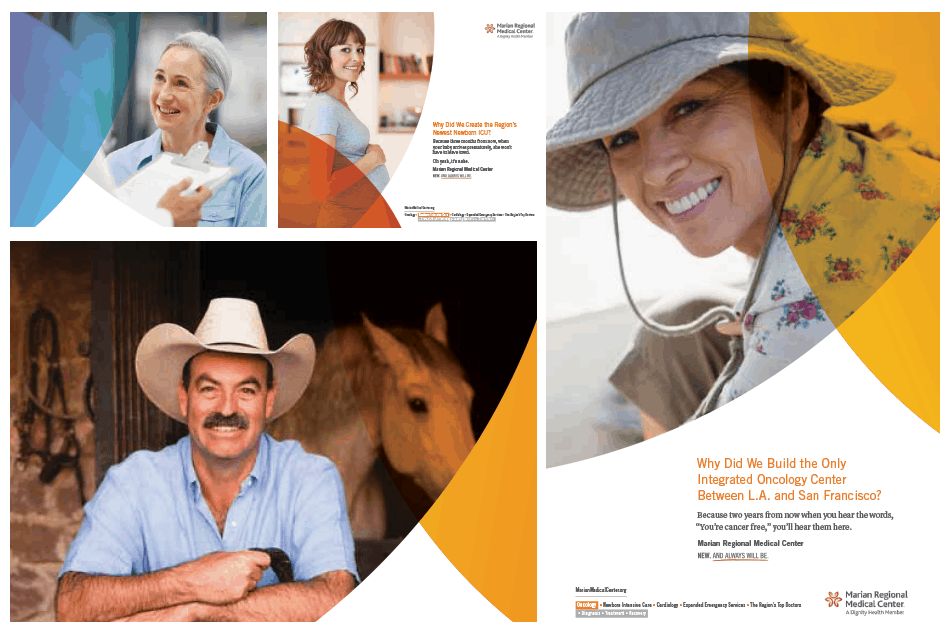
If you manage your organization’s social channels, you’ve likely noticed that it’s become a whole lot harder to get boosted posts and ads approved by Facebook —particularly if you work on public issues such as energy, education or health care.
The Big Data Backlash is in full swing. Facebook has faced withering criticism for failing to prevent Russians from using the platform to manipulate the 2016 election. Consumers, spooked by frequent data breaches and angered by companies’ improper use of user data, are increasingly uncomfortable with the amount of personal data being collected on them, and laws are starting to respond to this unease. Most notably, the European Union implemented a sweeping data privacy act in May that has reverberated far beyond Europe’s borders as it impacts any company that sells to or stores personal information about E.U. citizens.
In the face of the backlash — and in anticipation of more regulation — Facebook’s response has been to significantly tighten its policies related to anything perceived as political content. Indeed, Facebook has swung the pendulum to the other extreme, implementing big changes to the way issues-based ads work on the platform to “prevent abuse”, according to Facebook.
As a consumer, it may be comforting to see Facebook taking this kind of action. As a communicator, however, the changes have made it significantly harder to get content approved by Facebook. But don’t despair: There are steps you can take to ensure your content is still reaching your target audience.
Here’s what you need to know.
What’s Changed
Marketers and political activist groups alike have prized Facebook for the fact that the platform offers affordable, highly targeted advertising that just about anyone can set up.
It’s hard to know how the Russians’ meddling influence in the 2016 elections ultimately impacted the outcome. What’s clear is that Facebook can be used as a political weapon — and the platform is determined to gain a tighter grip on the kinds of influence offered in your NewsFeed.
So far, the biggest change is the requirement that any person creating, modifying, publishing or pausing Facebook ads related to politics or issues of national importance have their identity confirmed, including contractors and organizations. These users must complete a process to verify their pages and seek approval to post content, effectively putting Facebook on notice that the page is editorializing about local/national issues. Once the process is completed, approved content appears with a prominent disclaimer noting the entity that paid for the ad.
The change has caused considerable headaches among organizations that regularly share content about social issues. This has caused tech companies to defend their processes, including this Facebook response to the changes.
The Only Constant? Change.
Facebook is likely to continue to treat news and ad content differently in the future. This shouldn’t come as a surprise given the fact that Facebook tweaks the platform’s algorithms all the time.
Indeed, Facebook representatives said they’re exploring ways to treat news content in a comparable way to how the platform currently oversees political content. That said, the day may come where news outlets like CNN have to go through a similar verification process, as Facebook cracks down on the use of the platform for spreading false information. Facebook has not made any decisions on this, however.
Facebook has also implemented changes to ensure that the accounts of people running for office are not hacked and misused. Candidates for state office, as well as staff members and representatives from party committees, can add security protections to their pages.
It’s likely the platform will roll out more advanced security measures for general users as well. Facebook is currently beta-testing a two-factor authentication system on accounts and creating a new application process for news publishers.
How to Remain Visible
Facebook’s NewsFeed algorithm prioritizes content from individuals and content that promotes back-and-forth discussions, or engagement. Marketers can use this detail to their advantage. Facebook NewsFeed now puts more weight into measures like “how likely a given story will facilitate a conversation between you and your friends.” So make sure to post content that encourages conversation, and be sure to comment back as a page to show your organization is involved in the discussion.
Paid content on Facebook is still a vital tool in a marketer’s toolbox. Even if you have a modest budget, boosting social media content will give your content the momentum it needs to start conversations among concerned users and find greater reach. Because boosting posts also means you can target specific user groups, your posts are immediately more likely to reach the right ears and generate conversation.
Don’t be discouraged if your ad gets rejected by Facebook, which happens a lot more since the changes. Adjust the copy and submit it again for approval; it might well get through the second time. Unfortunately, the rhyme and reason behind Facebook’s approval decisions are as mysterious as the NewsFeed algorithm itself.
Finally, be aware that Facebook is on the lookout for content that it deems misleading. Keep your organization’s messaging clear and consistent. Make sure the headline corresponds to the body of the post and the content being linked to. Avoid clickbait headlines or post copy.
Keeping up with Facebook’s constant changes can be frustrating. That said, Facebook, with its enormous reach, continues to be an excellent and economical way for nonprofits, government agencies and other issues-focused communicators to reach targeted consumers.





